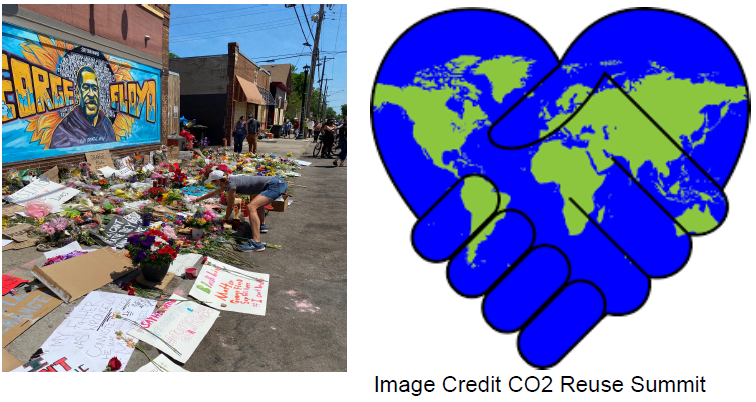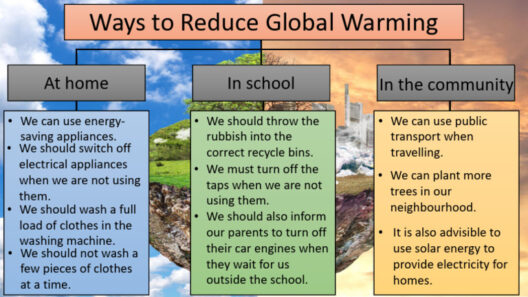The phenomenon of fracking, or hydraulic fracturing, symbolizes a modern conundrum in the realm of energy extraction. While it is touted as a revolutionary method to access vast reserves of natural gas and crude oil, it often obscures a plethora of environmental and societal repercussions that demand vigilant scrutiny. The allure of fracking is compelling; it promises energy independence and economic vitality. However, the unseen climate costs associated with this method evoke a profound yet disquieting discourse surrounding its viability as a sustainable energy solution.
Firstly, it is imperative to understand the mechanics of fracking. The technique involves injecting a high-pressure mixture of water, sand, and various chemicals deep into the earth, thereby fracturing rock formations to liberate hydrocarbons. This process has unlocked previously unreachable reserves, contributing to a significant surge in natural gas production within the United States and other nations. Proponents champion its economic benefits, arguing that it creates jobs, bolsters local economies, and reduces reliance on foreign oil. However, this narrative often neglects to account for the extensive ecological footprint fracking leaves in its wake.
One of the most critical yet frequently overlooked issues tied to fracking is water consumption. The process demands enormous quantities of freshwater—typically several million gallons per well—raising concerns about water scarcity, especially in arid regions. Contaminated water supplies also pose a significant risk. The toxic chemical cocktails used in fracking fluids can leach into groundwater, thus compromising water quality for both human consumption and agricultural use. This jeopardizes not only public health but also the delicate equilibrium of local ecosystems. The juxtaposition of energy extraction against the backdrop of potable water resources illustrates a paradox that epitomizes the unseen costs of fracking.
Moreover, the carbon footprint associated with fracking extends beyond mere emissions during the combustion of fossil fuels. Methane leakage—a potent greenhouse gas—is another byproduct of natural gas extraction that warrants scrutiny. Methane, with a global warming potential significantly greater than carbon dioxide over a short time frame, underscores the fallacy of considering natural gas as a “clean” alternative to coal. Such leaks can occur during various stages of production, transmission, and storage, contributing to an overall increase in net greenhouse gas emissions. The trajectory of climate change hinges upon reducing these emissions, rendering the reliance on natural gas perilous for future environmental stability.
Furthermore, the socio-political implications of fracking complicate its narrative. Communities near fracking sites often endure disrupted lifestyles, with impacts ranging from noise pollution to increased traffic and industrialization. The influx of workers can alter local demographics, straining public services and infrastructure. Conservationists and local activists frequently engage in heated debates about land use, local governance, and the balance of economic growth against environmental preservation. These contentious battles often mask the subtler, long-term consequences of fracking on local communities and ecosystems.
At this juncture, it is crucial to consider the intersection of public perception and policy concerning fracking. Much of the fascination with fracking stems from the immediate economic allure and energy promises it offers. Policymakers sometimes prioritize short-term benefits over long-term sustainability, thus perpetuating a cycle of dependency on fossil fuels. As society grapples with the reality of climate change, the need for a paradigm shift toward renewable energy sources becomes increasingly apparent. This shift is not merely a matter of preference but a necessity that hinges on mitigating the detrimental impacts of fossil fuel extraction methods, including fracking.
The environmental justice dimension of fracking further complicates its discourse. Often, marginalized and low-income communities bear the brunt of the adverse effects of fracking. As oil and gas companies encroach upon these regions, concerns about equitable energy distribution and environmental rights arise. This aspect emphasizes a profound truth: the quest for energy should not come at the expense of vulnerable populations. It calls for a comprehensive re-evaluation of energy extraction practices to ensure that future advancements in energy sourcing uphold principles of fairness and environmental stewardship.
Additionally, the global implications of fracking cannot be understated. Countries are increasingly influenced by the U.S. model of energy extraction, potentially leading to a worldwide proliferation of fracking practices. As nations look to replicate the perceived economic benefits, the cumulative effect on climate and environmental degradation prompts a moral imperative to reconsider energy policies on a global scale. The realization dawning among international communities is that local decisions concerning energy extraction have far-reaching effects that can reverberate throughout the planet.
In conclusion, the fascination surrounding fracking lies not only in its capacity to deliver energy but also in its profound implications on environmental sustainability, public health, and societal equity. The unseen costs encapsulated in fracking’s footprint compel a thorough investigation into its broader impacts. As global citizens, it is paramount to engage in informed discourse and advocate for energy policies that prioritize ecological harmony and social equity. Recognizing the intricate tapestry woven by fracking’s consequences allows for a more nuanced understanding of our energy choices, beckoning a future where the pursuit of energy does not eclipse the fundamental needs of humankind and our planetary home.







